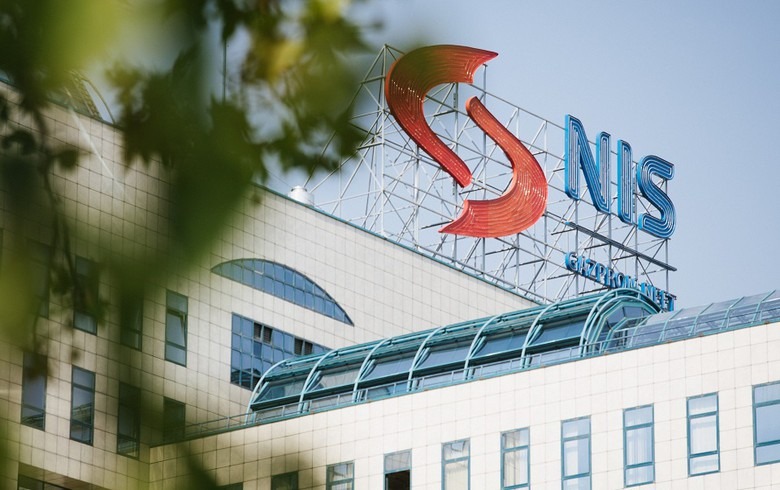Serbia must defend its energy stability even if this would require a change in the ownership structure of the biggest oil company Naftna industrija Srbije (NIS), Energy Minister Zorana Mihajlović has said.
Asked whether the government had the funds to buy out shares in NIS if forced to do so due to EU sanctions on the companies which were majority-owned by Russia, Mihajlović told BETA in an interview on Tuesday (10 May): “We have to defend energy stability at all costs, even at the cost of changing the ownership structure of NIS. We would not be taking anything away from anyone, but we have to take care of ourselves.”
NIS is 56%-owned by Russian state-owned oil company Gazprom Neft, while Serbia and minority shareholders own the remaining 30% and 14%.
Mihajlovic said that cooperation with NIS had been excellent, adding she was aware of how much NIS “has been trying now, during the times which are not easy, to ensure enough fuels and other oil derivatives for all, but we have been witnessing that the EU has been introducing more sanctions against Russian companies and it is a reality we all have to consider.”
Serbia currently has sufficient quantities of all types of fuels, she said, adding that Serbia has not yet faced any shortages despite this being difficult to ensure. “Serbia has been managing,” she added.
“The war in Ukraine has changed the world. It has changed it and is yet to change Serbia. What is extremely important for Serbia at the moment is to maintain political and energy stability. We have political stability, which has been verified by the victories of Aleksandar Vučić in presidential elections and of the Serbian Progressive Party (SNS) in elections at all levels. But in order to achieve energy stability, we have to do many things,” Mihajlović noted.
According to Mihajlović, who is also the vice president of the Serbian Progressive Party, NIS is an important link in Serbia’s energy supply chain, and Serbia had to “maintain that energy chain and therefore none of the links can be weak.”

